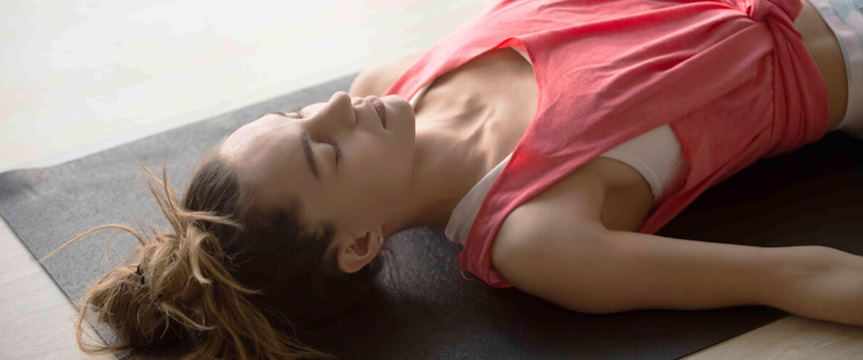Our bodies and minds are intricately interconnected, and subtle changes in body posture can profoundly impact our emotions and mental well-being. Over the years, researchers and experts have delved into the fascinating relationship between body language and emotional states, uncovering how simple adjustments in posture can influence mood and mindset.
The Power of Body Language: Insights from Psychological Research
Psychological research has long established the significance of body language in conveying emotions and influencing interpersonal interactions. Studies have shown that adopting open, expansive postures, such as standing tall with shoulders back and chest open, can lead to feelings of confidence, empowerment, and positivity. Conversely, adopting closed, constricted postures, such as slouching or crossing arms, may evoke insecurity, anxiety, and negativity.
Furthermore, research conducted by social psychologist Amy Cuddy and her colleagues has shed light on the concept of “power posing.” Their findings suggest that assuming high-power poses, characterized by open and expansive body language, can affect how others perceive us and alter our internal psychological state. By adopting power poses for just a few minutes, individuals may experience increased levels of testosterone (associated with dominance and assertiveness) and decreased cortisol levels (associated with stress).

Practical Strategies for Harnessing the Mind-Body Connection
Given the profound impact of body posture on emotions, incorporating mindful postural adjustments into your daily routine can be a powerful tool for enhancing emotional well-being. Here are some practical strategies recommended by experts:
Practice Awareness
Begin by cultivating awareness of your body posture throughout the day. Notice how you sit, stand, and move and how different postures make you feel emotionally. Pay attention to any patterns or correlations between body posture and mood.
Adopt Power Poses
Incorporate power poses into your daily routine, especially before challenging or stressful situations. Stand tall with your feet hip-width apart, shoulders back, and arms open wide for a few minutes to boost confidence and reduce stress.
Use Movement as Medicine
Engage in physical activities that promote upright posture and body awareness, such as yoga, Pilates, or tai chi. These practices strengthen and align the body and cultivate mindfulness and emotional resilience.
Practice Mindful Sitting
Pay attention to your seated posture at work or home and make adjustments as needed to promote comfort and alignment. Sit upright with your feet flat on the floor, spine straight, and shoulders relaxed to support optimal posture and emotional well-being.


